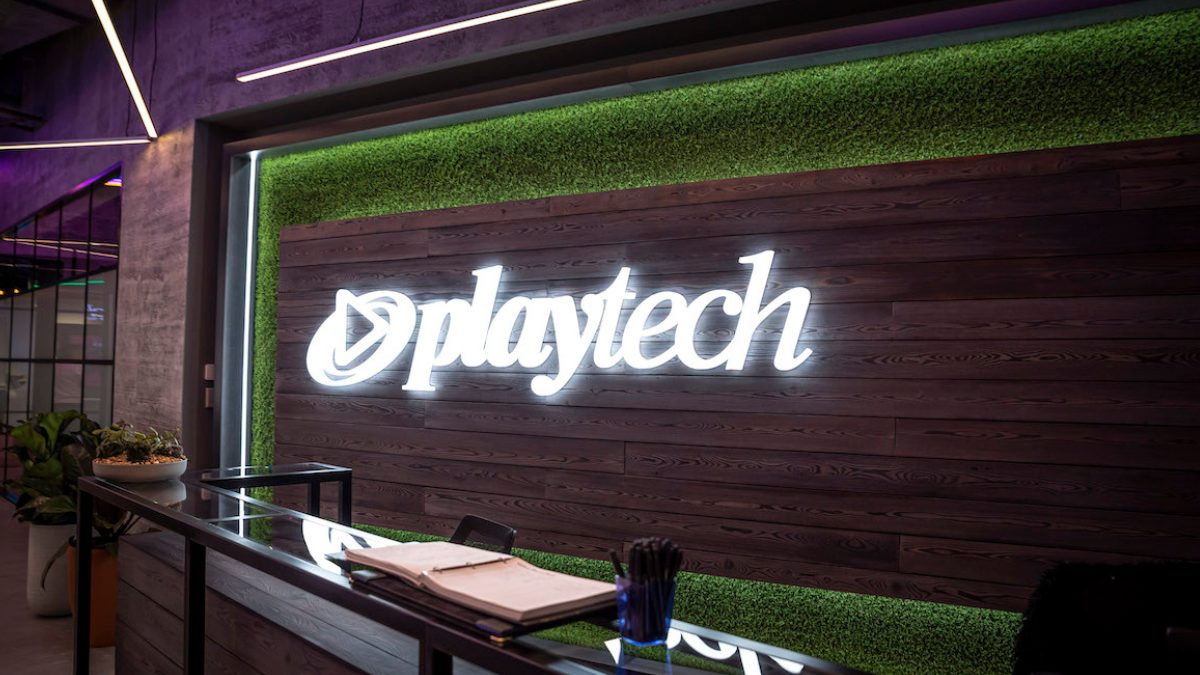A candidate relationship management system (CRM) for recruiting is an essential tool for building out talent pools and engaging prospective candidates. Aptitude Research found that companies with a recruiting CRM are 2X more likely to have a positive candidate experience and 3X more likely to have quality of hire above competitive benchmarks. But too often, companies roll out a CRM without a defined strategy, and candidates end up in disorganized communities that may be forgotten.
A defined strategy and a phased rollout are the keys to CRM success, and that’s exactly what SmartRecruiters customer Playtech did when they rolled out SmartCRM in the fall of 2022. Founded in 1999 and premium listed on the Main Market of the London Stock Exchange, Playtech is a technology leader in the gambling industry with over 7,000 employees across 20 countries.
Playtech’s hiring challenges differ across countries. For example, in Gibraltar, the market is very competitive, with multiple gaming companies competing for candidates. In the UK, there is more competition for technical talent from non-gaming companies. In Estonia, the challenges lie around finding candidates with the right technical skills. In all countries, Playtech seeks to differentiate itself as an employer of choice.
Three years after implementing SmartRecruiters in 2019, “Our recruiters were comfortable with the system,” said Polina Skliar, Global HR Strategies and Systems Manager at Playtech. “We felt ready to extend the functionality.” But rather than let recruiters in each region decide how to use SmartCRM on their own, she worked closely with her SmartRecruiters customer success manager to define use cases and create a plan to test the CRM in three locations to start. “We wanted to test the functionality, understand how it fits, and how to best use it going forward,” Polina said.
Playtech’s CRM strategy consists of three use cases by which they collect candidates in the CRM:
- Prospective candidates. These include prospective candidates who come through the website, advertising, or social media and indicate an interest in Playtech.
- Silver medalists. These are candidates that could be a fit for Playtech but haven’t quite met the position’s requirements.
- Internships. Playtech’s internship program is an important part of its long-term hiring strategy. The CRM allows the team to collect candidates and communicate with them as the selection process progresses.
Walacy Ferreira (Wally), a Talent Acquisition Specialist at Playtech, was one of the first recruiters to test the CRM. He takes a personal approach to recruiting by scheduling short calls with every candidate and following up within 48 hours. Considering himself a “Career Match Maker,” Wally’s high-touch, personal approach helps him get to know candidates and gently direct them toward alternate roles if he sees a better match than the job they initially indicated interest in.
Building Talent Pools Made Easy
Before the CRM, Wally had no way of keeping track of candidates that could be a future fit, and silver medalists would fall out of the system due to GDPR data retention policies. By offering a separate permission for contact, SmartCRM helps Wally keep candidates within the system for future reference. The silver medalists combined with the candidates from the CRM give Playtech an active talent pool. Now, when he has a discussion with a hiring manager about a new requisition, he can reference the database and his notes about candidates he may have already spoken to. In short, he has candidates already in the pipeline before he even posts a position.
“SmartRecruiters makes my life very easy,” Wally said. “It helps me prioritize my time.” Before, he had no way to keep track of all the conversations and perform filterable searches on candidates who were interested in the company. “This is a huge achievement,” he said. “It helps us stand out in the market because candidates are not used to being treated in this way.”
Wally also mentioned that candidates have less apprehension about joining the talent community than formally applying for a position. “It makes my conversations easier,” he said, “because you can talk about their experience in a broader way than if they were expecting to fit into a certain role.”
Growing the Employer Brand & Internship Program
As Playtech builds out its employer brand presence in the coming months, the CRM will play an important role in creating engagement with candidates. Before summer approached, Playtech tested out the communications component of the CRM with its internship program in Estonia. “We have a very strong brand in Estonia,” Polina said. “But interns complained that applying was inconvenient, and they didn’t know if they were still under consideration.” By placing all the intern applicants in SmartCRM, Playtech can now send automated emails letting them know more about what to expect during the application period. “It’s a much more welcoming process,” Polina said.
Rolling out the Recruiting CRM
Playtech’s global talent acquisition team has monthly power sessions where they talk about challenges and support each other. “We share the tools that work for us and collaborate on new ideas,” Wally said. “SmartCRM will help in many ways by attracting candidates even when we don’t have the right role for them at the moment,” he said. The plan to roll the CRM out slowly for the three defined uses will help the team iterate and develop its own best practices. “When we have it all established and running smoothly,” Wally said, “it will be beneficial for all the recruiters to deploy.”
As you can see, a CRM doesn’t have to be one of those tech tools that people get excited about at first and then never use. By taking a careful, strategic approach, Playtech is setting itself up for Hiring Success. For a global company like Playtech, hiring across boundaries happens every day.

